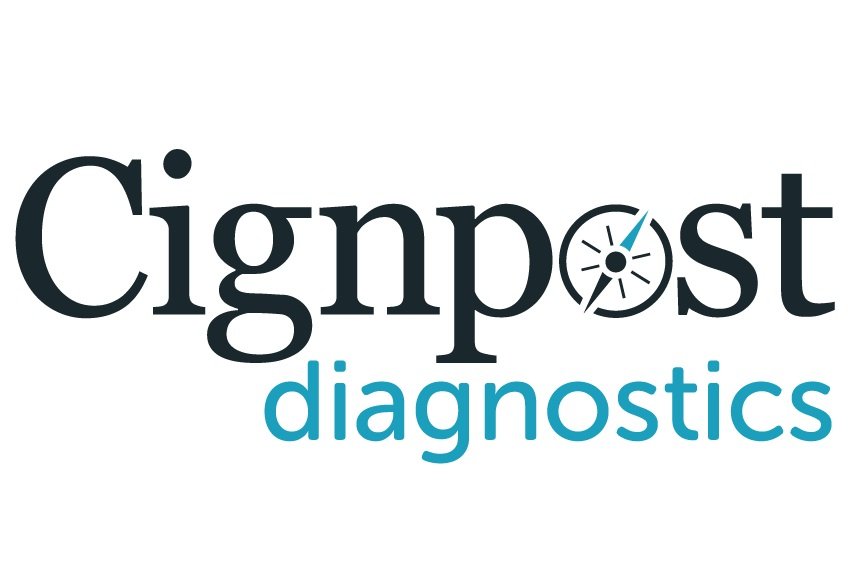Richard Acton: Keeping Golfers Well
I want you to cast your mind back to summer 2020.
It was towards the end of the first wave of infections in the pandemic. Vaccines were still a distant prospect, infection rates in the UK remained high and testing was still very much in its infancy, taking a couple of days to get a result.
However, there was great enthusiasm amongst the general public to start getting back to normal... and sport was at the forefront of that.
Athletes such as golfers had not hit a ball since the start of the pandemic and wanted to get back to playing. However, with the risk of infection still very high, sports organisations were unable to deliver sport that effectively mitigated the risk of COVID-19 infection.
So how did Cignpost partner with the Tour to create secure bubbles?
The concept of the secure bubble was developed by Dr Andrew Murray (Chief Medical and Scientific Officer, DP World Tour), Patrick Robinson (Medical Research Fellow, DP World Tour) and Professor Charlie Foster (University of Bristol).
By taking a PCR test before the start of the event, alongside daily symptom checking, the risk of infection within the bubble could be minimised. Players, caddies and support staff could only enter the bubble after completing mandatory training on social distancing and hygiene.
However, the PCR testing technology available at the time involved lengthy transportation of samples to laboratories with results provided 2 days later. This clearly would not suffice for the secure bubble model to work effectively.
Cignpost then approached the tour, offering PCR testing technology that could be used to deliver rapid testing at the point of need.
A new partnership was born. We transformed the Tour’s Physio truck into a laboratory and brought a mobile laboratory to their first event at the British Masters in July 2020 to deliver PCR testing on-site pre-tournament. With back-to-back events planned through the Summer UK Swing tour, this dual laboratory approach allowed for the tour truck to move onto the next location, whilst our mobile laboratory delivered the lower volumes of emergency symptomatic test requirements through the tournament.
While our initial approach was robust, both the Tour and Cignpost both wanted to increase the throughput using a reliable assay that delivered results in under 4 hours – including re-running any positive samples for confirmation.
We brought in a more advanced technology using a magnetic induction cycler and logixsmart assay, giving us increased sensitivity, speed and reliability.
This was a solution we were then able to replicate across Film & Media, other elite sports events and wider corporate organisations and to consumers to deliver over 4 million COVID-19 tests to date.
How are we working with the DP World Tour today?
The elite professionals and caddies on the Tour lead active but stressful lifestyles - 30-40% of elite level athletes reported high levels of stress. Travelling from tournament to tournament, and with limited time to see their family, never mind go to visit a GP, their health can at times be neglected.
Using the infrastructure we developed to deliver our diagnostic solution, Cignpost has engaged with the Tour to deliver cardiac screening and skin cancer services on-site at the tournament for players, caddies and essential tour staff.
These include in-vivo measurements of height, weight, ECG, blood pressure and body composition analysis, as well as blood analysis for cholesterol and glucose. This enables us to assess cardiac risk and support individuals with consultation on how they can protect or even improve their health.
We also offer blood testing to focus on vitamin D, ferritin, and a full blood count – all key indicators of health and potential performance, with the opportunity for wider endocrine or clinical chemical analysis.
Our team of dermatologists, from Sporting Skin, are also on-site at tournaments, meaning players and caddies who spend a lot of time in the sun are able to have routine screening and check-ups of any area that they may have concerns about. An Australian study from 2011 to 2014 found a <1% incidence rate of BCC (Basal cell carcinoma), whilst the mean age of diagnosis of a BCC was 64. In comparison, since 2018, Sporting Skin has conducted 650 screening consultations across 17 events and found 157 actinic keratoses and 35 probable BCCs. That’s a 5% incidence rate, even though the average age of those screened at golf events was just 40, showing the susceptibility of individuals who predominantly work outdoors.
In summary
It is well publicised that the health benefits of the fresh air, walking, and movement in golf are all contributory factors in leading a healthier lifestyle. Ensuring that people get their heart, skin and blood checked is just another important consideration.
This is all part of a wider change in attitudes amongst the general public. Cignpost’s research has shown that 75% of employees now take more interest in their personal health and 70% are more likely to get tested to support their wellbeing since the start of the pandemic.
Having demonstrated an agile and responsive model during the pandemic, Cignpost have built a model for future diagnostic screening for all. This creates an opportunity for companies to create a new value offer for colleagues beyond insurance to increase productivity and reduce absenteeism.
Being able to publicise how elite-level golfers take their heart and skin health seriously will hopefully encourage more people to get checked.
- Richard Acton
